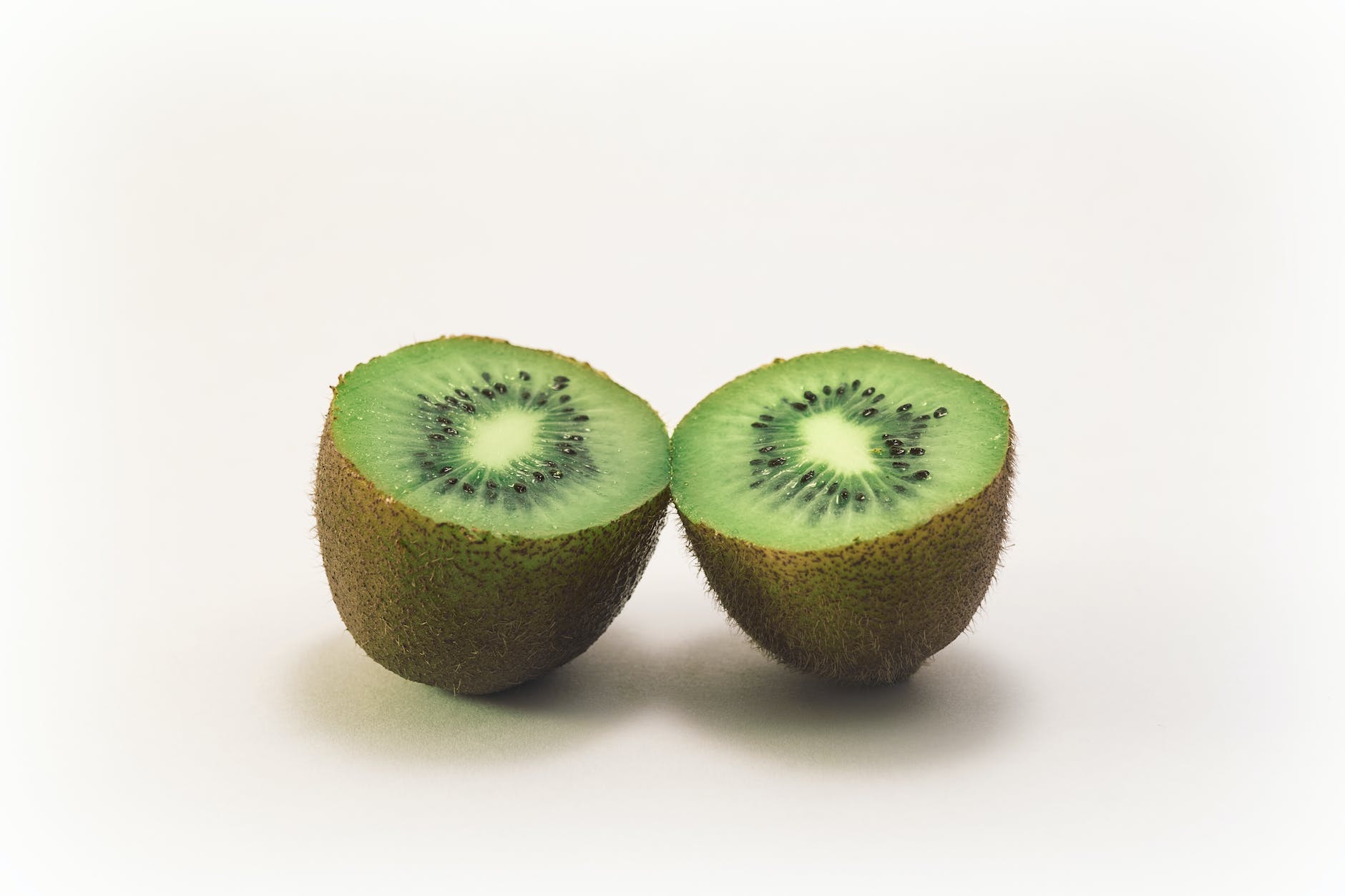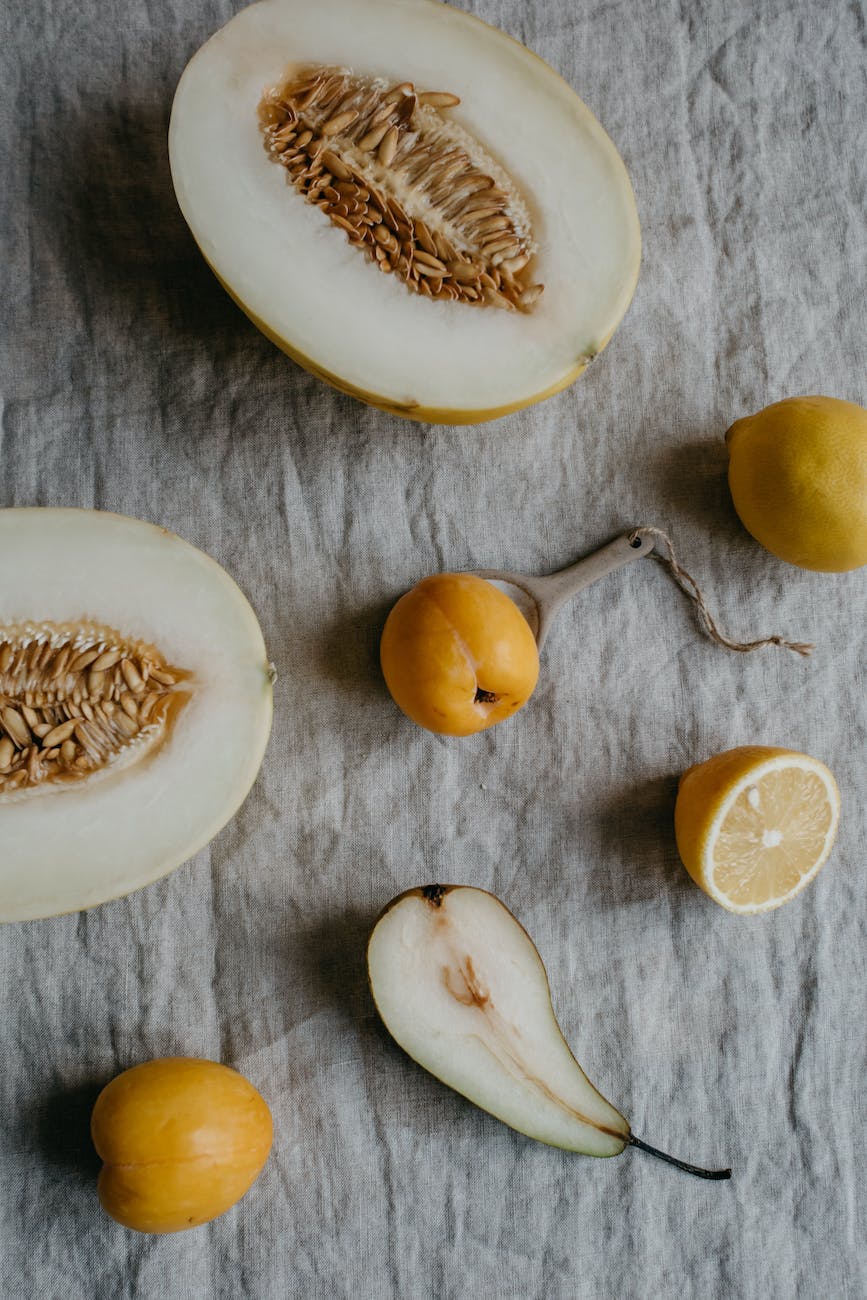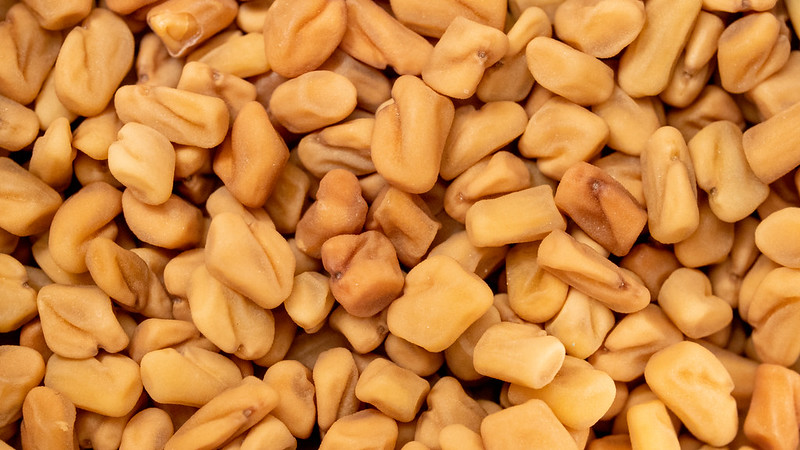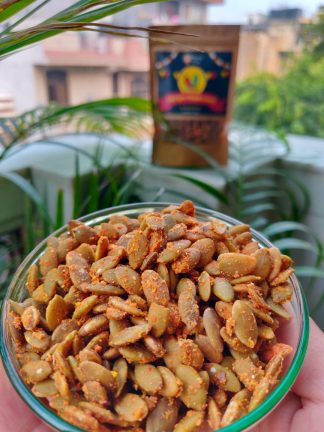
Coconut milk, a creamy and rich liquid derived from the flesh of mature coconuts, is not just a delicious ingredient used in a variety of dishes. It’s also packed with numerous health benefits. Whether you’re looking to enhance your skin, lose weight, or simply enjoy a tasty and nutritious drink, coconut milk is a fantastic choice. Let’s dive into the amazing benefits of drinking coconut milk.
What is Coconut Milk?
Before we delve into the benefits, let’s first understand what coconut milk is. Coconut milk is made by grating the white flesh of mature coconuts and soaking it in water. The mixture is then strained, leaving a thick, creamy liquid. This liquid is used in many cuisines around the world, particularly in Southeast Asia, the Caribbean, and northern South America.
Coconut Milk: A Nutrient Powerhouse
Coconut milk is a nutrient-dense beverage. It’s rich in essential vitamins and minerals, including vitamin C, E, B vitamins, magnesium, potassium, phosphorus, iron, and zinc. These nutrients play a crucial role in various bodily functions, contributing to overall health and well-being.
Vitamin C and E are powerful antioxidants that protect the body against harmful free radicals. B vitamins are essential for converting food into energy. Minerals like magnesium and potassium are crucial for heart health, while phosphorus and iron are important for bone health and red blood cell production, respectively.
The Skin-Enhancing Benefits of Coconut Milk
One of the most sought-after benefits of coconut milk is its positive impact on skin health. Coconut milk is a natural moisturizer, thanks to its high fat content. It helps to nourish and hydrate the skin, leaving it soft, smooth, and glowing.
Moreover, coconut milk is rich in vitamin C, which is known to maintain the elasticity and flexibility of the skin. It also contains copper, which can help prevent wrinkles, sagging skin, and age spots.
Applying coconut milk directly to the skin or consuming it regularly can help improve skin texture and complexion. It’s also known to soothe skin irritation and inflammation, making it a great natural remedy for conditions like eczema and dermatitis.
Drinking Coconut Milk for Weight Loss
If you’re on a weight loss journey, coconut milk can be a beneficial addition to your diet. It contains medium-chain triglycerides (MCTs), which are known to stimulate energy through a process called thermogenesis, or heat production. This process can help boost your metabolism and aid in weight loss.
Unlike long-chain fatty acids found in most fats, MCTs are used by the body for immediate energy and are less likely to be stored as fat. However, it’s important to note that coconut milk is high in calories, so it should be consumed in moderation as part of a balanced diet.
Heart Health and Coconut Milk
Coconut milk also boasts heart-healthy benefits. It contains lauric acid, an antioxidant that may help prevent stroke and heart disease.
Lauric acid is a type of saturated fat that’s been shown to increase levels of good HDL cholesterol in the body. Higher levels of HDL cholesterol can help reduce the risk of heart disease. Additionally, the magnesium in coconut milk can help relax heart muscles and stabilize an irregular heartbeat.
Can We Drink Coconut Milk Daily?
While coconut milk is packed with numerous health benefits, it’s important to consume it in moderation due to its high fat and calorie content. It’s also rich in saturated fats, which can increase cholesterol levels if consumed in large amounts.
However, when consumed as part of a balanced diet, coconut milk can contribute to overall health and well-being. It’s a good idea to consult with a healthcare provider or a nutritionist before making significant changes to your diet.
Conclusion
Whether you’re sipping it straight from a glass, adding it to your morning coffee, or incorporating it into your favorite recipes, coconut milk is a delicious and nutritious choice. Its benefits range from enhancing skin health to aiding in weight loss, making it a fantastic addition to a balanced diet.
So, the next time you’re at the grocery store, consider picking up a can of coconut milk. Your body (and your taste buds) will thank you!
Tags: Coconut Milk, Skin Health, Weight Loss, Heart Health, Nutrient Powerhouse, Daily Consumption, Drinking Coconut Milk, Coconut Milk Benefits.













